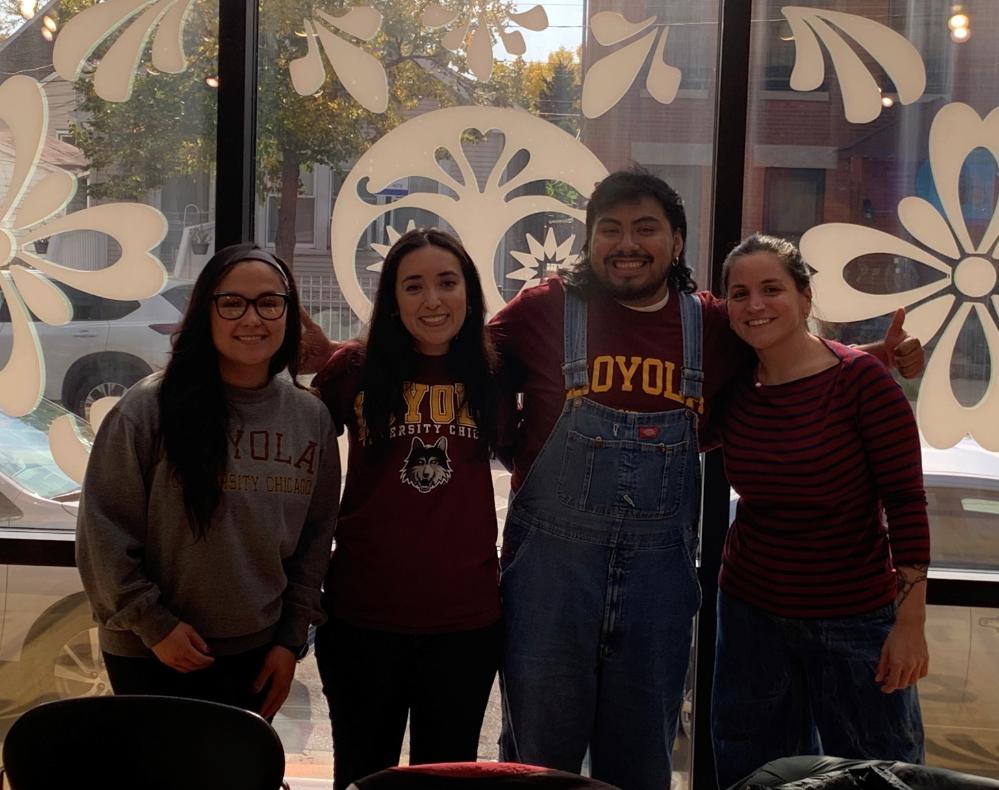Ciencia en Relatos
Latine Families' Talk about Science in Stories with Young Children

The Ciencia en Relatos project focuses on understanding the ways that Latine families with preschoolers read and tell stories about science. Our goal is to identify cultural strengths that support early engagement with scientific ideas and science practices in this underrepresented and growing population. We employ mixed-methods, interviewing and observing Latine families with 3- to 5-year-olds from three cities (Chicago, New York, and San Jose, CA). We are investigating whether and to what extent narrative and expository books, family personal narratives, and adivinanzas (riddles), especially those pertaining to nature (e.g., life sciences, earth sciences, physical and space sciences), engender family conversations about scientific ideas and science practices. The proposed work will contribute to expanding our understanding and broadening Latine children's participation in STEM learning opportunities at an early age. We will address the following three aims:
- Uncovering Latine families’ everyday science stories.
- Advancing understanding of how Latine families talk about science when reading and engaging in oral routines.
- Learning how Latine families’ science stories can be a source of culturally sustaining educational practices.
Ultimately, the research results will reveal ways that stories can provide accessible entry points for Latine children's early science education and learning. The research will recommend methods that parents and other educators can use with young Latine children to foster early learning about scientific practices that can, in turn, increase interest and participation in science education and fields.
This project is funded by the National Science Foundation’s (NSF) EHR Core Research (ECR) program, which supports work that advances fundamental research on STEM learning and learning environments, broadening participation in STEM, and STEM workforce development. More details about this project are available on the NSF award site.

